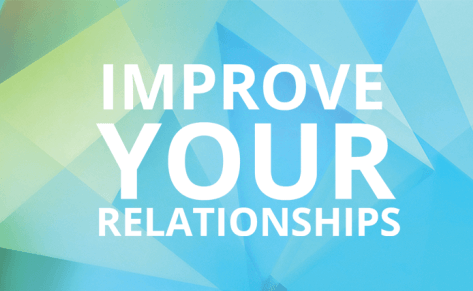Identity Thief “Depression & Anxiety” – By Stuart Davenport
It has been several years since I began my own Journey through counselling and I often think back to that time. It wasn’t until I went out walking aimlessly for hours in my local town when deciding what to write this month, when I suddenly realized I was only a short walk from the pharmacy where I had collected and swallowed my own anti-depressants and I remember the story I had believed that day, and for so long afterwards. As I had sat in my local surgery and told my doctor what I thought was wrong: the answer I was given was the problem is in your head. It’s a chemical imbalance. Your broken inside and this is the answer. I saw people heading up the counter of the pharmacy I found myself next too and given how common anti-depressants are, it was highly likely some of them were going to collect their pills. Maybe one would swallow a pill for the first time and enter the same story that I did.
I started to wonder what I would say now – after all I have learnt – if I could go back in time before I first swallowed the story and pill, I was given. This is what I hope to share with you today.
Imbalanced view
Firstly, I would try I hope to tell my younger self a story about his distress that was more honest. The truth is depression is not caused by a chemical imbalance in the brain and the primary solution is not chemical antidepressants. Scientists have known for decades that what is labelled as depression and anxiety have three kinds of causes
Biological, psychological and social. They are real and cannot be described crudely as an imbalance. In fact, the World Health Organisation in 2011 backs this up by saying “Mental health is produced socially: the presence or absence of mental health is above all a social indicator and therefore requires social, as well as individual, solutions”.
In 2017 the United Nations on world health day explained that “the dominant biomedical narrative of depression” is based on “biased and selective use of research outcomes” which they further condemned as causing “more harm than good” that they “undermine the right to health and must be abandoned”. The “growing evidence base” they go on to say says there are deeper causes of depression, so whilst there is a role of medications, we need to stop using them “to address issues which are closely related to social problems”. We need to move away from “focusing on ‘chemical imbalances’ to focusing on ‘power imbalances’”
Its not your brain its pain
The journey needs to start with the following distinction You are not a broken machine, you are an animal whose needs are not being met. The needs that go beyond the physical needs that in our culture we are relatively good at meeting. The needs I am talking about are the psychological needs and a social and spiritual imbalance in how we live. It’s not serotonin its society, its not your brain its your pain. Our biology can heighten distress but its not the cause. Its not the driver. Its not the place to look for the main explanation nor the solution.
Being told our anxiety and depression are simply chemical misfiring locks us away from seeking answers in our life, mind and environment and how we might change them. Distress is not a malfunction it is a signal.
As I think of saying this to my younger self Id tell him, I know this is going to be hard to hear, I know how painful it feels. But the pain isn’t your enemy, however much it hurts. Its you ally leading you away from distress and pointing the way towards a more fulfilling one. You are at a cross roads. You can try to muffle the pain, that will lead you to many wasted years where the pain will persist, and you will find yourself doing everything to run away from it. Or you can turn towards the signal and let is guide you away from the things that are hurting and draining you, and towards the things that will meet your true needs.
It is my hope that this article will encourage and empower you if you are suffering to seek help and know that you are not alone.
Next time we will look at “reclaiming our diagnosis”
References
The United Nations- Official statement for world health day in 2017
https://www.ohchr.org/EN/NewsEvents/Pages/DisplayNews.aspx?NewsID=21480&LangID=E
The World Health Organisation
Paul Verhaeghe, What about me? The Struggle for Identity in a Market – Based Society (Victoria, Australia: Scribe, 2014), 191-3

